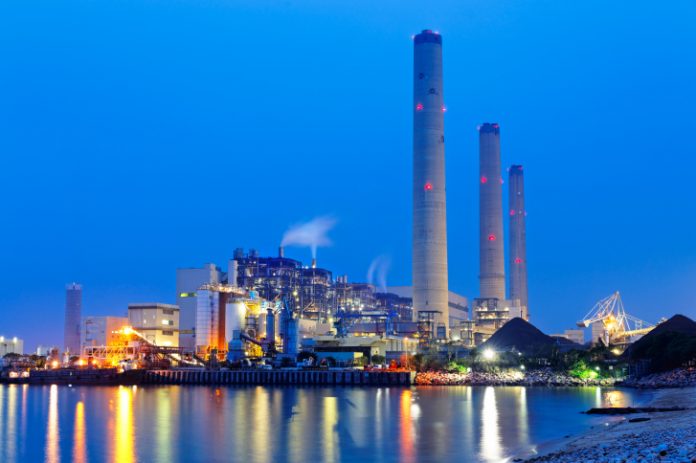Minnesota’s Public Utilities Commission (PUC) unanimously approved Xcel Energy’s proposal to shut down its last remaining coal-fired power plants by 2030.
The plan also allows Xcel to extend the life of its Monticello nuclear plant by ten years, to 2040, and erect new industrial-scale wind and solar facilities across the state.
Commissioners also gave preliminary approval to Xcel’s plans to erect two long-distance, high-voltage transmission lines, but it deferred a decision on the utility’s request to build two small natural gas plants.
Environmentalists Influence Plans
The utility is closing of its long-serving coal plants in Oak Park Heights and Becker in 2028 and 2030, respectively, years earlier than previously scheduled.
Xcel had originally proposed building an $800 million combined-cycle natural gas plant in Becker to replace the power lost by the shuttering of its coal plant there, but faced with stiff resistance from environmental groups, that plan was scrapped in June. Environmental groups said they would not oppose Xcel extending the life of its nuclear plant ten years, instead.
Xcel also proposed constructing two smaller natural gas plants, one in southwestern Minnesota and the other in neighboring North Dakota, but the PUC put off a decision on them indefinitely.
Profiting From Green Subsidies
Benefitting from millions of dollars in federal subsidies, Xcel has become a leader in promoting renewable energy.
The company pledged to lower the carbon dioxide emissions from its power plants by 85 percent, relative to 2005 levels, by 2032.
To meet this goal and still provide power, the company plans to acquire or build approximately 3,150 Megawatts (MW) of utility-scale solar, approximately 2,650 MW of wind, and 250 MW of battery storage capacity by 2034.
Xcel’s customers will pay a heavy price for the company’s increased reliance on renewable energy, says David Wojick, Ph.D., an independent energy analyst.
“This so-called plan is a hoax with blackouts guaranteed,” said Wojick. “Minnesota’s winter peak need for electricity is on brutally cold, windless nights, when solar and wind will provide near zero power.
“That little nuclear plant can only provide a small fraction of the needed power, and backup batteries won’t last an hour,” said Wojick. “Xcel knows this, but they will make billions in the short run building or buying thousands of MW of wind and solar generators, which their customers pay for; only when the power fails will they acknowledge the plan doesn’t work.”
‘The Climate Cartel’
Utilities are pushing wind and solar not because it’s good for their customers but because the it’s good for their bottom line, says Craig Rucker, president of the Committee For A Constructive Tomorrow (CFACT).
“Utilities like Xcel have become key players in what we can call the ‘climate cartel,’” said Rucker. “Thanks to never-ending federal subsidies and many states mandating ever-increasing amounts of renewable energy, utilities have figured out how to game the system and line their pockets.
“When the bill comes due it will be paid by ratepayers in the form of higher energy costs and unreliable service,” said Rucker.
Bonner R. Cohen, Ph.D., (bcohen@nationalcenter.org) is a senior fellow at the National Center for Public Policy Research and a senior policy analyst with CFACT.


























